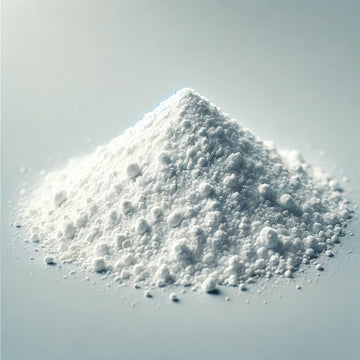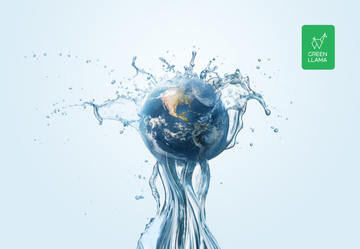- PVA is a water-soluble synthetic polymer with excellent film-forming and adhesive properties.
- It is widely used in textiles, paper and packaging, construction, pharmaceuticals, and cosmetics.
- PVA's environmental impact includes biodegradability under specific conditions and concerns about toxicity from additives.
- Efforts are being made to improve PVA recycling and reduce its ecological footprint.
Polyvinyl Alcohol (PVA) is a versatile synthetic polymer that has found its way into a myriad of industrial applications due to its unique properties. This article aims to provide an objective overview of PVA, exploring its uses, properties, and the environmental implications of its widespread use.
What is Polyvinyl Alcohol (PVA)?
Polyvinyl Alcohol, commonly abbreviated as PVA, is a water-soluble synthetic polymer. It is derived from polyvinyl acetate through a process of hydrolysis. PVA is known for its excellent film-forming, emulsifying, and adhesive properties, which make it a popular choice in various industries.
Key Properties of PVA
- Water Solubility: One of the standout features of PVA is its solubility in water, which varies depending on the degree of hydrolysis and polymerization.
- Film-Forming Ability: PVA can form strong, transparent, and flexible films.
- Adhesive Properties: Its adhesive qualities are widely utilized in paper and packaging industries.
- Chemical Resistance: PVA exhibits good resistance to oils, greases, and solvents, but it is susceptible to degradation by strong acids and alkalis.
- Biodegradability: While not fully biodegradable, PVA can break down under certain conditions, making it more environmentally friendly compared to other synthetic polymers.
Industrial Applications of PVA
Textile Industry
- Sizing Agent: PVA is used as a sizing agent in textile manufacturing to protect yarns during weaving.
- Finishing Agent: It provides a smooth finish to fabrics, enhancing their appearance and durability.
Paper and Packaging
- Adhesives: PVA-based adhesives are preferred for their strong bonding and quick drying properties.
- Coatings: It is used in paper coatings to improve printability and water resistance.
Construction
- Cement Additive: PVA is added to cement and mortar to enhance flexibility and adhesion.
- Tile Adhesives: It improves the bonding strength of tile adhesives.
Pharmaceuticals
- Drug Delivery: PVA is used in the formulation of controlled-release drug delivery systems.
- Capsule Coating: It serves as a coating material for capsules and tablets to control dissolution rates.
Cosmetics and Personal Care
- Face Masks: PVA is a common ingredient in peel-off face masks due to its film-forming ability.
- Hair Gels: It is used in hair styling products for its ability to form a flexible film.
Packaging
- Water-Soluble Films: PVA is used to produce biodegradable packaging films, which dissolve in water and reduce plastic waste.
Environmental Impact of PVA
The environmental impact of PVA is a subject of ongoing research and debate. While PVA is considered to be more environmentally friendly than many other synthetic polymers, there are still concerns regarding its biodegradability and potential toxicity.
Biodegradability
- PVA is not completely biodegradable under natural conditions. However, it can be broken down by specific bacteria and enzymes in controlled environments.
- Industrial composting facilities can facilitate the biodegradation of PVA-based products, reducing their environmental footprint.
Toxicity
- PVA itself is generally considered to be non-toxic. However, concerns arise from additives and plasticizers used in PVA products, which may leach into the environment.
- Proper disposal and recycling methods are essential to minimize the ecological impact.
Recycling
- Efforts are being made to develop effective recycling methods for PVA products. Mechanical recycling and chemical recycling are being explored as viable options.
- Encouraging the use of PVA in water-soluble packaging can help reduce the accumulation of plastic waste.
The Future of PVA
Polyvinyl Alcohol (PVA) is a versatile polymer with numerous applications across various industries. Its unique properties, such as water solubility and film-forming ability, make it a valuable material in textiles, packaging, pharmaceuticals, and more. While PVA presents certain environmental advantages over other synthetic polymers, ongoing research and development are crucial to address concerns related to its biodegradability and toxicity.






